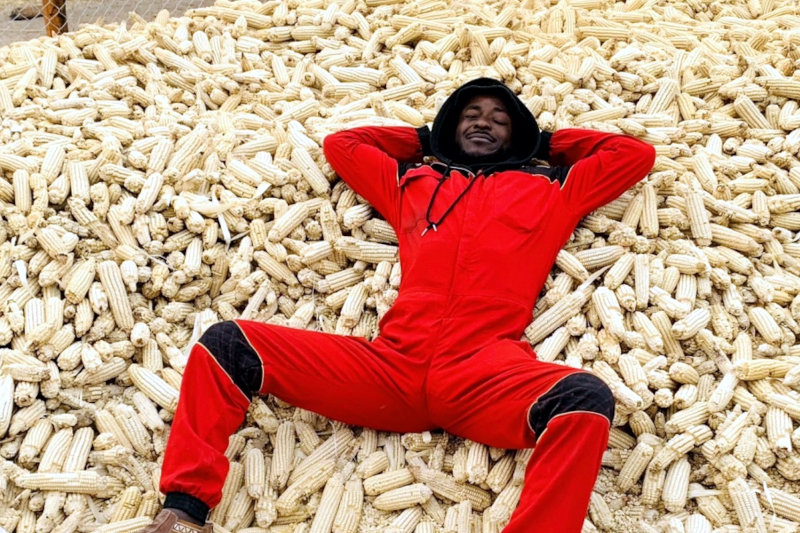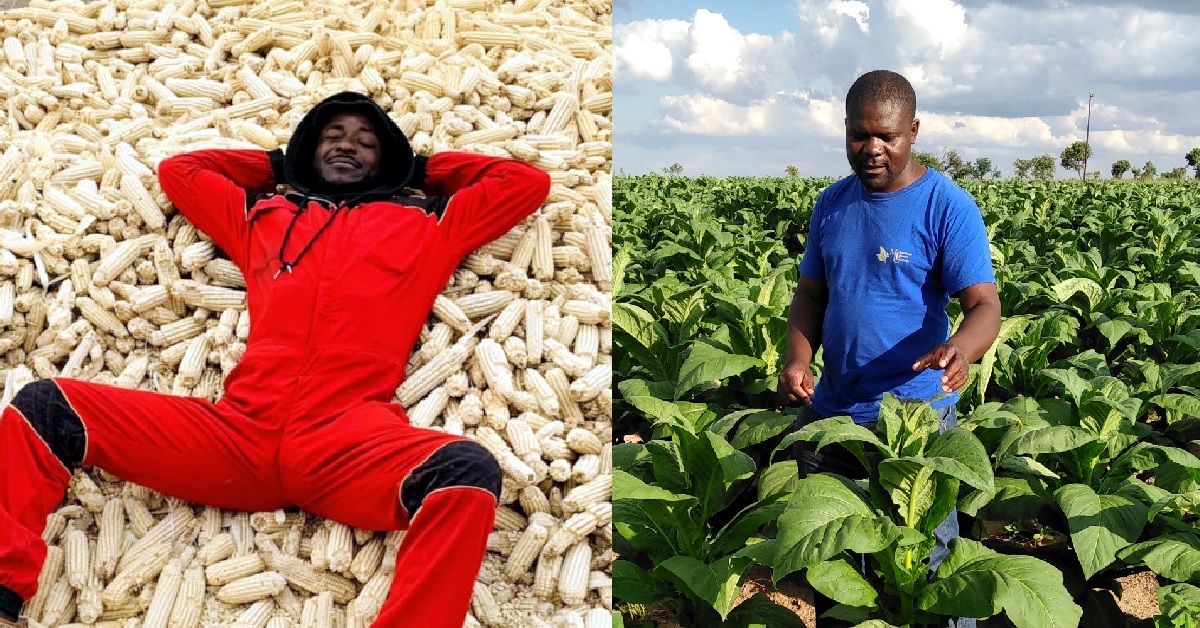Agriculture in Zimbabwe is on an upswing and young people are the driving force. For example, the country is set to harvest 2.8 million tonnes of maize this year, triple the 2020 harvest, and making it the highest output in 20 years.
The anticipated 2021 bumper harvest should finally ensure food surplus in Zimbabwe, Information Minister Monica Mutsvangwa said in June. Just a year ago, the United States Agency for International Development (USAID) doled out $86.9 million to boost food security in the country.
About 57% of Zimbabwean women between ages 20 and 31 and 47% of men in the same age bracket are growing fruits such as mangoes, involved in rearing livestock such as the prolific breeders Boer goats, and cultivating tobacco, corn and so on.
President Emerson Mnangagwa who took over the reins of government in November 2017 has adopted policies to attract the young and educated to farming while at the same time luring back many white farmers who had relocated to Australia, South Africa and the United Kingdom following the seizure of their land about two decades ago.
The president pledged to provide 99-year land leases to white farmers and guaranteed the security of those willing to return home. Returning white farmers are partnering with their black counterparts, including young black farmers, leading to a healthy exchange of capital, skills and machinery.

Also, Zimbabwe’s structural economic transformation, from traditional office and factory jobs to informal entrepreneurship, is now extended to the agricultural sector, catching the attention of young farmers.
“We are seeing a pro-youth farmer’s mindset in government, which sends positive signals,” says Gift Mawacha, an agricultural historian at Chimanimani High School in east Zimbabwe, the country´s most fertile farm belt. “And the youth are saying ‘Hey, we are jobless but there’s money in growing potatoes and flowers.’”
“My generation trained as accountants and social workers. Universities in Zimbabwe graduate thousands of students annually, but there is only a handful of civil service or corporate jobs for the unemployed,” says Itai Sedze, 29, a sociologist who is now engaging in maize farming.











